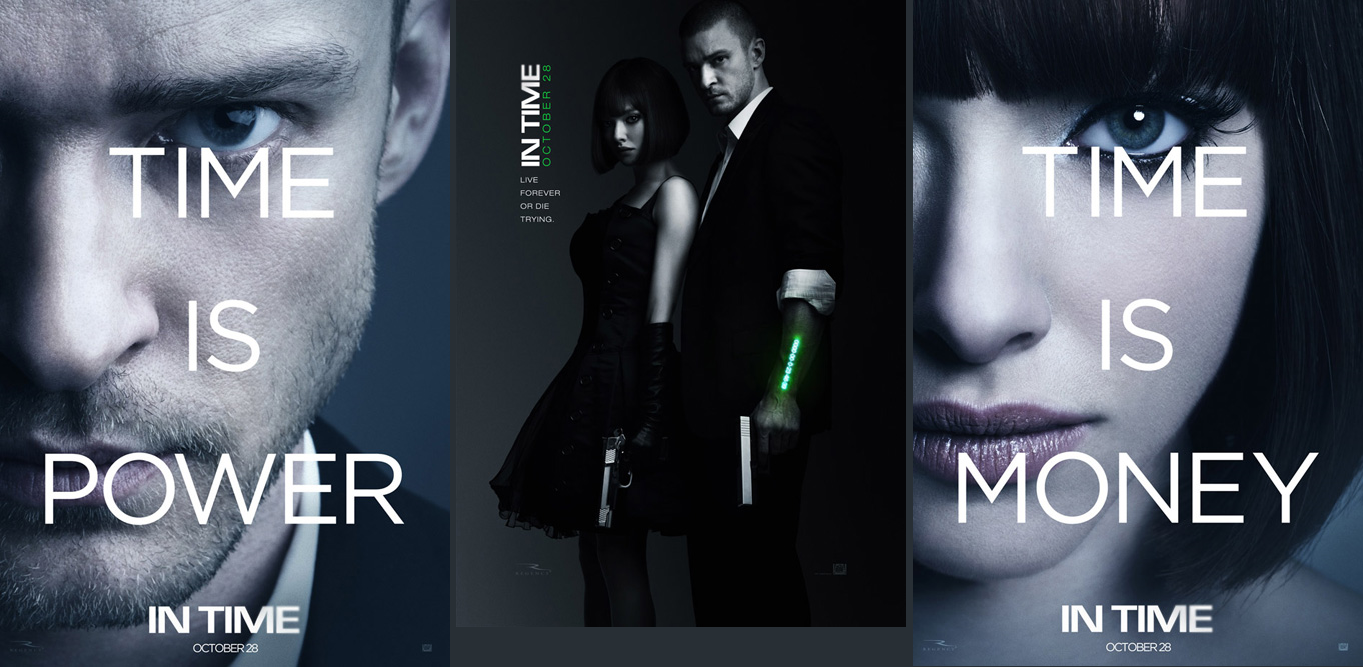It brings up a few good points:
1. The Joker will continue to kill (but does Batman murder him for future crimes - could be dangerous - or past crimes? Joker has killed Robin, Commissioner Gordon's wife, and crippled Batgirl, Gordon's stepdaugher).
2. Batman's honor code of not killing is just a way for Batman to feel superior to the men and women of crime whom he is fighting.
3. Is Batman responsible for all of the deaths / mayhem / destruction since Batman first apprehended the Joker? Is that chaos Batman's to own, or should it be the Joker?

So, questions to answer:
1. In which of the scenarios of the Trolley Problem do you think best applies to this situation w/ the Batman and Joker (assuming it was the Joker who is the trolley)?
2. Should the Batman kill the Joker? Why or why not? And if so, for what crimes - past or to prevent future crimes?
3. Should our superheroes have a no-killing code? Why or why not? Does it just lead to more crime?
4. Is the concept of utilitarianism useful in real life? Why or why not?
300 words total. Due by class on Thursday, May 30.
Why Doesn't the Batman Just Kill the Joker? by Jesse Richards. http://www.huffingtonpost.com/quora/why-doesnt-batman-just-ki_b_3686003.html




